What Gear Do I Need to Climb Kilimanjaro?
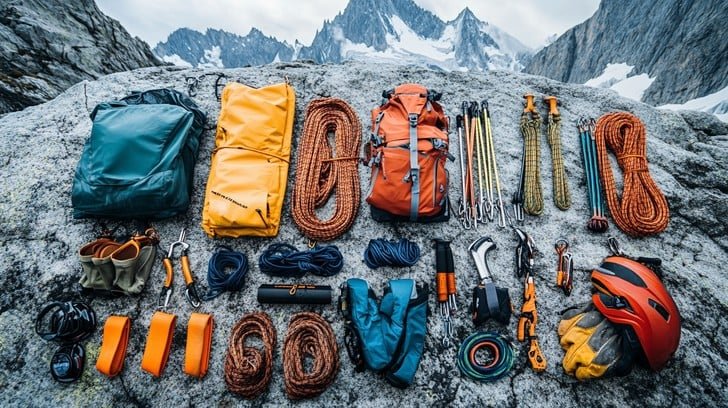
What Gear Do I Need to Climb Kilimanjaro?
What Gear Do I Need to Climb Kilimanjaro?
Climbing Mount Kilimanjaro requires a lot of equipment. You are responsible for your personal gear, while our team supplies communal equipment such as tents, food, and cooking supplies.
Here is a list of essential, recommended, and optional Kilimanjaro gear to pack for your climb.
✓ Waterproof Jacket, breathable with hood
✓ Insulated Jacket, synthetic or down, with hood
✓ Soft Jacket, fleece or soft-shell
✓ Long Sleeve Shirt, light-weight, moisture-wicking (hood recommended)
✓ Short Sleeve Shirt, light-weight, moisture-wicking (optional)
✓ Waterproof Pants, breathable (side zipper recommended)
✓ Hiking Pants
✓ Fleece Pants, warm
✓ Shorts (optional)
✓ Long Underwear, moisture-wicking
✓ Underwear, moisture-wicking
✓ Sport Bra (women)
✓ Sunglasses
✓ Backpack Cover, waterproof (optional)
✓ Water Bottle (Nalgene, 32 oz.)
✓ Water Bladder (Camelbak type, 3 litres)
✓ Towel, lightweight, quick-dry (optional)
✓ Pee Bottle, to avoid leaving the tent at night (recommended)
Use stuff sacks, dry bags, or plastic bags similar to “Ziploc” to keep equipment dry and organized. Although Ziploc-style bags for toiletries are allowed for tourists, plastic bags are generally prohibited in Tanzania.
✓ Toiletries
✓ Prescriptions
✓ Sunscreen
✓ Lip Balm
✓ Insect Repellent, containing DEET
✓ First Aid Kit
✓ Hand Sanitizer
✓ Toilet Paper
✓ Wet Wipes (recommended)
✓ Snacks, light-weight, high calorie, high energy (optional)
✓ Electrolytes, powder or tablets (optional)
✓ Camera, with extra batteries (optional)
✓ Brimmed Hat, for sun protection
✓ Knit Hat, for warmth
✓ Neck Gaiter, for dust, wind and warmth
✓ Gloves, warm (waterproof recommended)
✓ Gloves, fleece, light
✓ Hiking Boots or Shoes, warm, waterproof
✓ Socks, wool or synthetic
✓ Gaiters, waterproof (optional)
✓ Sleeping Bag, warm, four seasons*
✓ Sleeping Pad, inflatable (optional, foam pad provided)
✓ Camp Pillow, inflatable (optional)
✓ Trekking Poles, collapsible (highly recommended)*
✓ Head Lamp, with extra batteries
✓ Duffel Bag, 70L-90L capacity, for porters to carry your equipment
✓ Daypack, 30-35L capacity, for you to carry your gear
*May be rented on location.
✓ Trip Receipt
✓ Passport
✓ Visa (available at JRO)
✓ Vaccination/Immunization Papers
✓ Insurance Documents
Please refer to our article, What Should I Wear to Climb Kilimanjaro? for information on how to wear your technical apparel.
All of your outdoor gear is available at these recommended retailers: REI, Backcountry
Gear Recommendations
Do You Offer Any Rental Gear?
You can rent trekking poles and cozy sleeping bags on-site and must pay in USD. That being said, you must bring all other necessary gear.
While Moshi has a few small, local gear stores, most shops sell off-brand or secondhand items that may not meet Western standards. For this reason, instead of relying on these stores, bring everything you need. Otherwise, locally purchased gear may not provide the right fit, quality, or functionality.
Do I need to carry all my gear in Kilimanjaro?
Not at all! Since our tours are fully funded, porters handle most of your equipment and transport it from camp to camp.
For the hike to your next campground, you’ll only need to carry a compact daypack with essentials like water, food, rain gear, and extra clothing. Meanwhile, the rest of your belongings will go into your duffel bag, which will be waiting in your tent when you arrive at camp.
To keep everything secure and dry, porters place your sleeping bag and duffel bag inside a large, durable, waterproof bag with a roll-top closure.
Is the Weight of My Kilimanjaro Gear Limited?
Your items must not exceed 33 lbs (15 kg) when carried by a porter, so pack wisely.
Overpacking is a common mistake that leads to extra gear. To avoid this, check your equipment against our gear list and remove anything unnecessary.
Porters carry all your belongings between campsites, so everything should fit in a duffel bag, including your sleeping bag. If needed, you can pack the sleeping bag separately, but if you rent one from us, its weight (5 lbs 6 oz) counts toward the 33 lb limit.
If your gear exceeds the limit, hiring an extra porter will be necessary. While rare, this usually happens when carrying heavy photography equipment.
Is it Possible to Keep Extra Baggage at the Hotel?
Indeed. You can store your additional luggage and anything that you won’t need for your climb, including safari clothes, gear, and equipment, safely at the hotel.
What Needs to Be Taken On My Flight?
Airline-checked luggage can sometimes get lost or delayed on the way to Tanzania.
To ensure you’re fully prepared, wear or carry the essential items needed for your Kilimanjaro climb. Although most clothing, gear, and equipment can be replaced in Tanzania before your trek, some items simply cannot.
For this reason, Elem Adventures recommends bringing a complete hiking outfit, including a long-sleeve shirt, hiking pants, socks, underwear, and hiking boots. Additionally, pack your backpack, waterproof pants and jacket, insulated jacket, fleece pants, snacks, toiletries, medications, camera, and all necessary papers in your carry-on. Most importantly, wearing or carrying your hiking boots is crucial, as switching to a different pair during the climb could cause blisters.
What Takes Place Should My Baggage Get Lost or Be Late?
Please let us know as soon as you arrive if your luggage is delayed or misplaced so we can quickly arrange the necessary equipment. In the meantime, we will take you to locally owned gear stores in Moshi. However, these stores may not always have the required items, and the equipment might not meet the same quality standards. To avoid any issues, bring the most essential gear listed above.
We will do everything possible to get your luggage to you on the mountain quickly. However, you will need to cover any extra costs related to luggage delays or losses locally.
I want to climb, but can I bring single-use plastic?
Since the park has historically had litter issues, single-use, recyclable plastic water bottles are not permitted.
It is recommended to carry water in Nalgene bottle
Since the park has historically had litter issues, single-use, recyclable plastic water bottles are not permitted.
It is recommended to carry water in Nalgene bottles, water bladders, or comparable containers. Three to four liters of water should always be carried on you.
s, water bladders, or comparable containers. Three to four liters of water should always be carried on you.
Is It OK to Drink in the Park?
ChatGPT said:
Parks do not permit alcohol, and our employees will not carry it. Additionally, drinking at high altitudes can be dangerous, so avoid bringing alcoholic beverages.
However, after completing your climb, you can celebrate at the park gate, where beer, soda, and snacks are available for purchase.
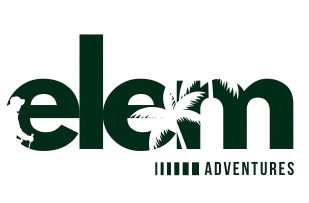
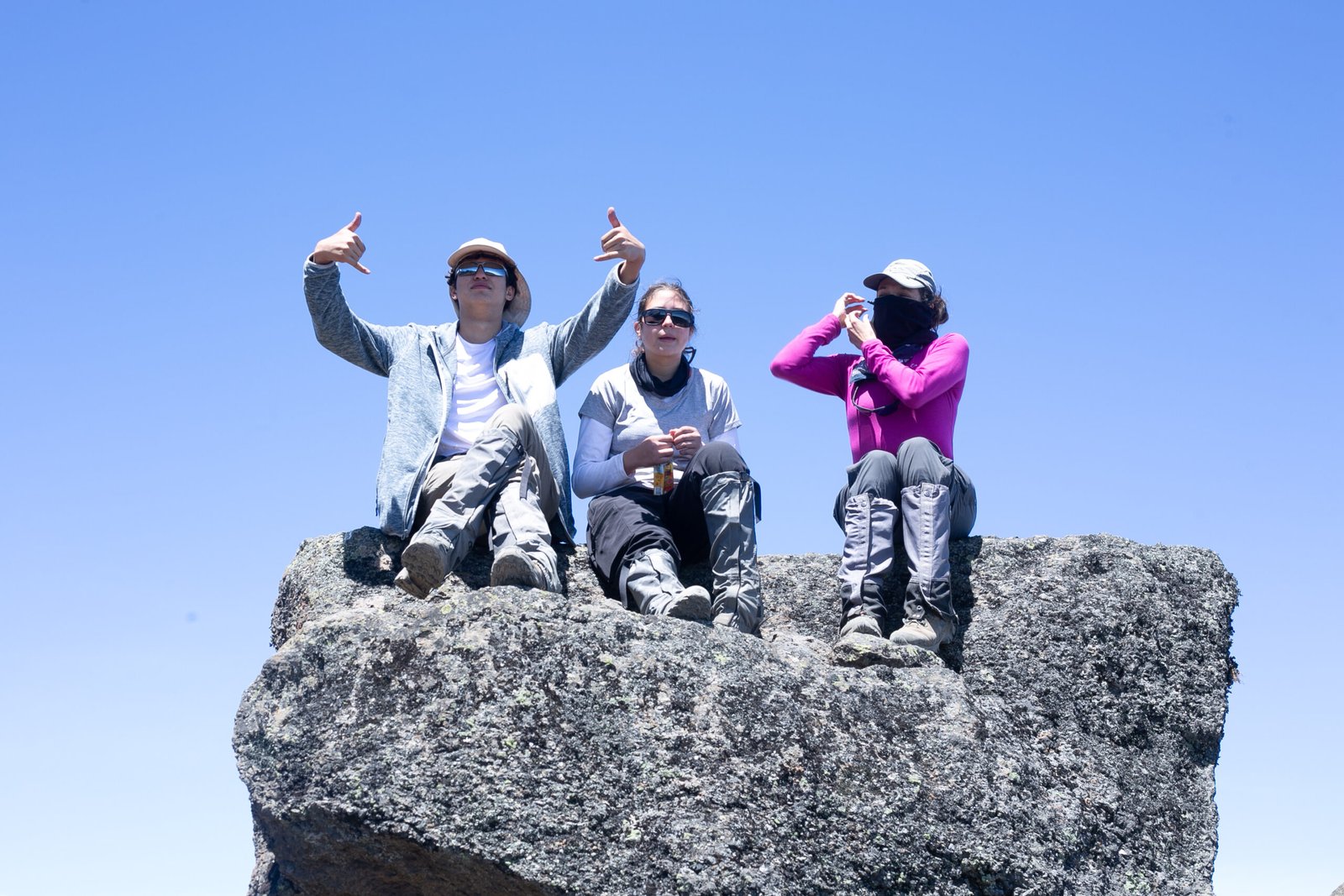
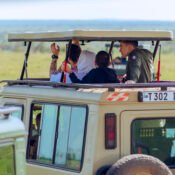
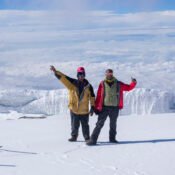
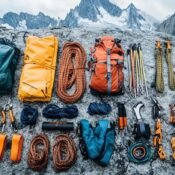
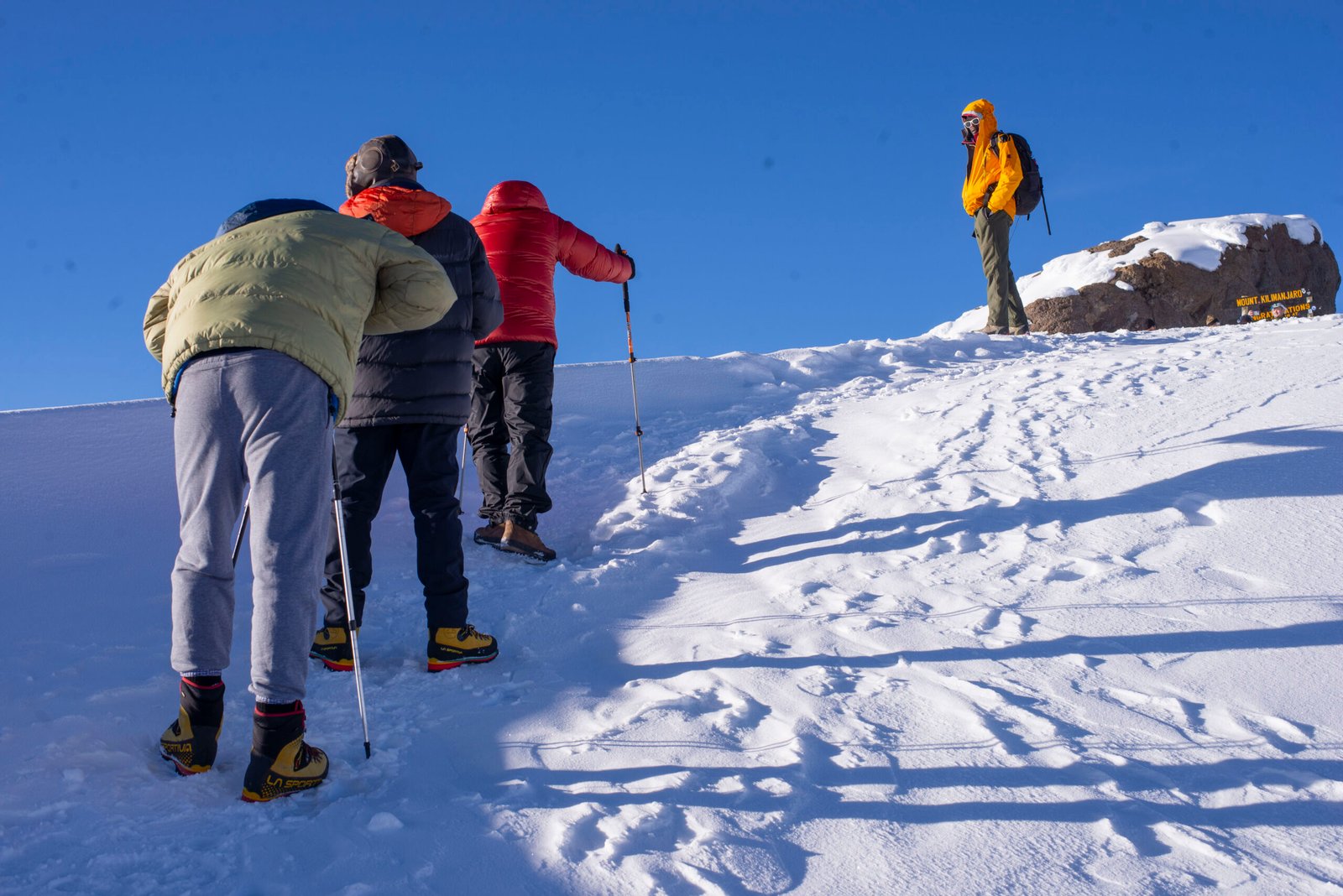

It’s hard to find knowledgeable people on this topic, but you sound like you know what you’re talking about! Thanks